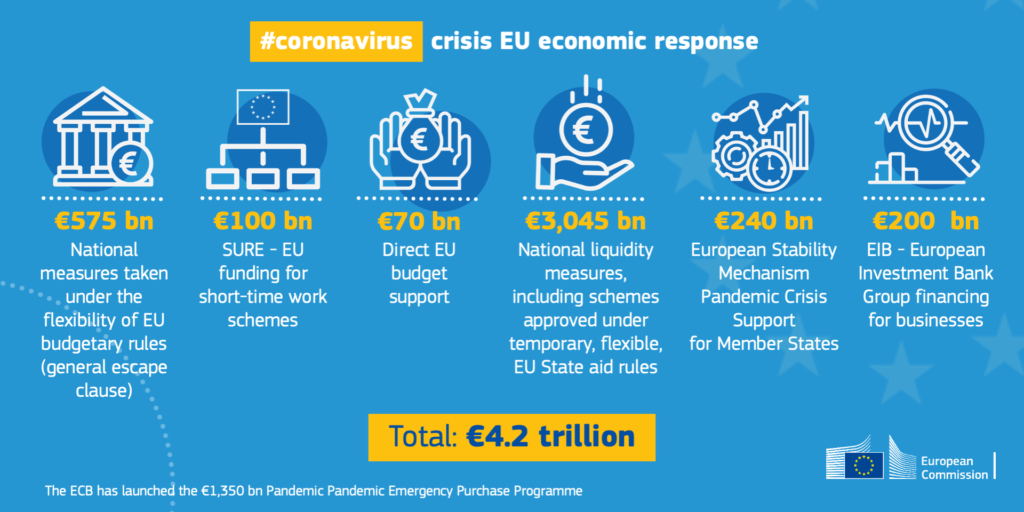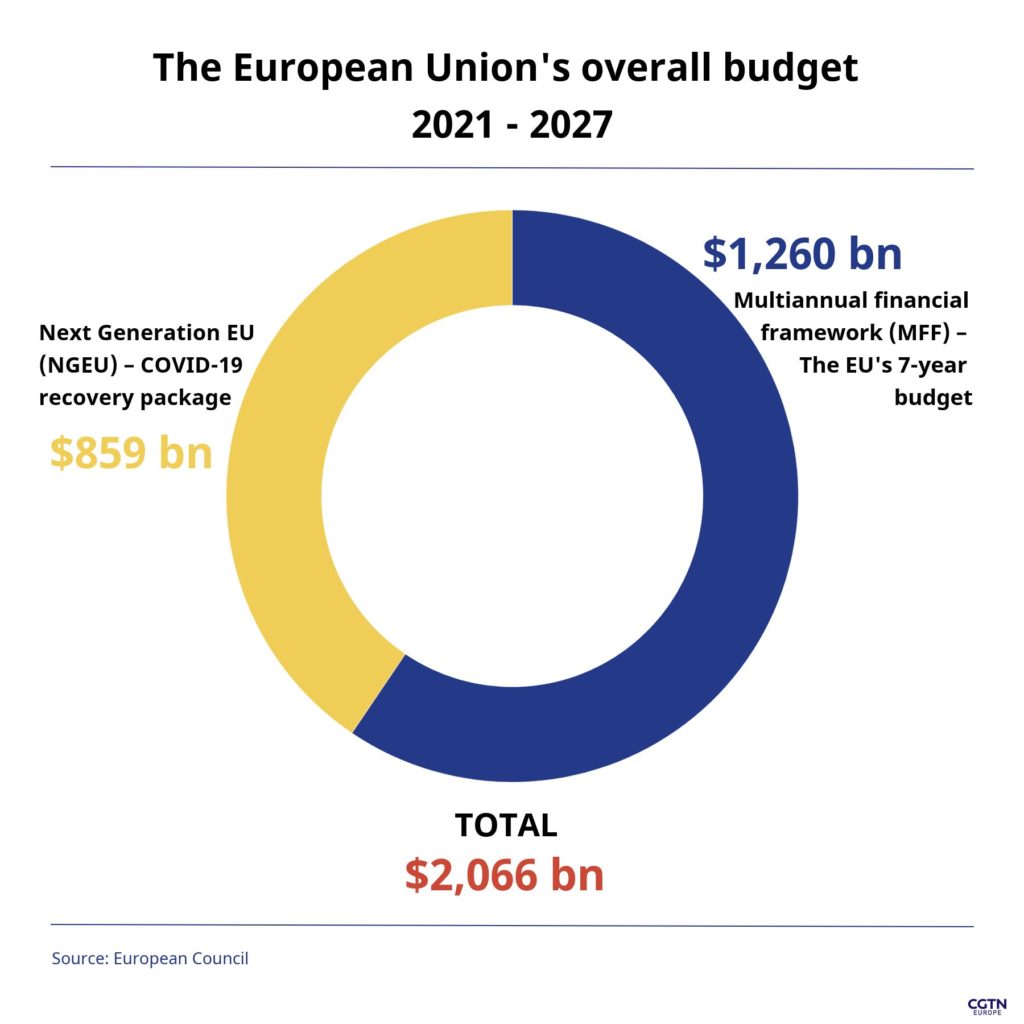The coronavirus pandemic has side-lined climate-change as an issue for many governments. The immediate threat posed by COVID-19 has in many ways placed issues of environmentalism on the backburner in terms of policymaking. It is important to remember, however, that even in the midst of this unprecedented crisis, climate change continues to be a catastrophic threat to global security. We must continue to encourage political figures to pay attention to issues of environmentalism, particularly as their attention turns to rebuilding the economy and providing financial support to struggling industries.
The coronavirus has had a critical impact on policy-making across the board. Several conferences aiming to address the issue of climate change have been delayed at least one year, including the 2020 United Nations Climate Change Conference. The delays pose a real problem to environmentalism as it could allow national targets to be missed. Moreover, the immediate threat of coronavirus has allowed a proliferation in plastic usage which has further undermined the efforts of environmental diplomacy. In light of these delays and set-backs, it is essential that governments foster an economic stimulus package that is environmentally friendly and sustainable in its outlook.
 In Europe, the EU aims to achieve both sustainability and economic growth through the ‘Next Generation’ budget. This budget proposes €750 billion in grants and loans to European governments with at least 25% of the amount being spent on climate investments. The financial stimulus package was designed to combat a possible 16% decline in European GDP over the year. It is important that the voice of controlled-environment agriculture is heard at this time, to ensure that government funds are directed to the helping most environmentally friendly sectors of the agricultural economy.
In Europe, the EU aims to achieve both sustainability and economic growth through the ‘Next Generation’ budget. This budget proposes €750 billion in grants and loans to European governments with at least 25% of the amount being spent on climate investments. The financial stimulus package was designed to combat a possible 16% decline in European GDP over the year. It is important that the voice of controlled-environment agriculture is heard at this time, to ensure that government funds are directed to the helping most environmentally friendly sectors of the agricultural economy.
- Initiatives designed to stimulate the economy should alleviate the pressure on future generations rather than make it heavier. Grants should, therefore, be channeled towards methods of farming that really value clean technology and environmentally friendly practices in an effort to establish a more sustainable economy.
- Financial investment should also be directed towards creating a more resilient economy that can safeguard against future crises. This involves creativity and openness to moving away from traditional forms of agriculture which may have struggled to adapt in this period.
- Funds should strive to rebuild a more circular economy which reduces waste globally. The cultivation of a ‘cradle-to-cradle’ economy that utilizes waste has many benefits which include maximizing resource efficiency, stimulating employment and reducing strain on global supply chains.
The Next Generation budget offers some hope that the policy on rebuilding the economy will cultivate environmental and sustainable solutions. It is notable, however, that the €15 billion dedicated in this budget to rebuilding agriculture is titled the ‘European Agricultural Fund for Rural Development’. The overemphasis on rural presupposes that the solution for rebuilding food networks will stem from the traditionally cultivated rural supply chain as opposed to urban infrastructure. It is imperative that governments acknowledge the sustainable solutions indoor farming can offer the economy, in order for funds to be allocated more closely towards controlled-environment agriculture and urban farming networks.
 The indoor farming community must call on politicians and governments at this time to rebuild the economy sustainably. The critical financial resources offered by states should not be spent on inefficient and outdated farming practices which waste precious resources only exacerbate the problems faced by future generations. It is important that we work together at this time to ensure environmental agriculture is recognized by policy-makers and receives the financial support from governments they deserve.
The indoor farming community must call on politicians and governments at this time to rebuild the economy sustainably. The critical financial resources offered by states should not be spent on inefficient and outdated farming practices which waste precious resources only exacerbate the problems faced by future generations. It is important that we work together at this time to ensure environmental agriculture is recognized by policy-makers and receives the financial support from governments they deserve.
Author: Emily Markham



Comments are closed.